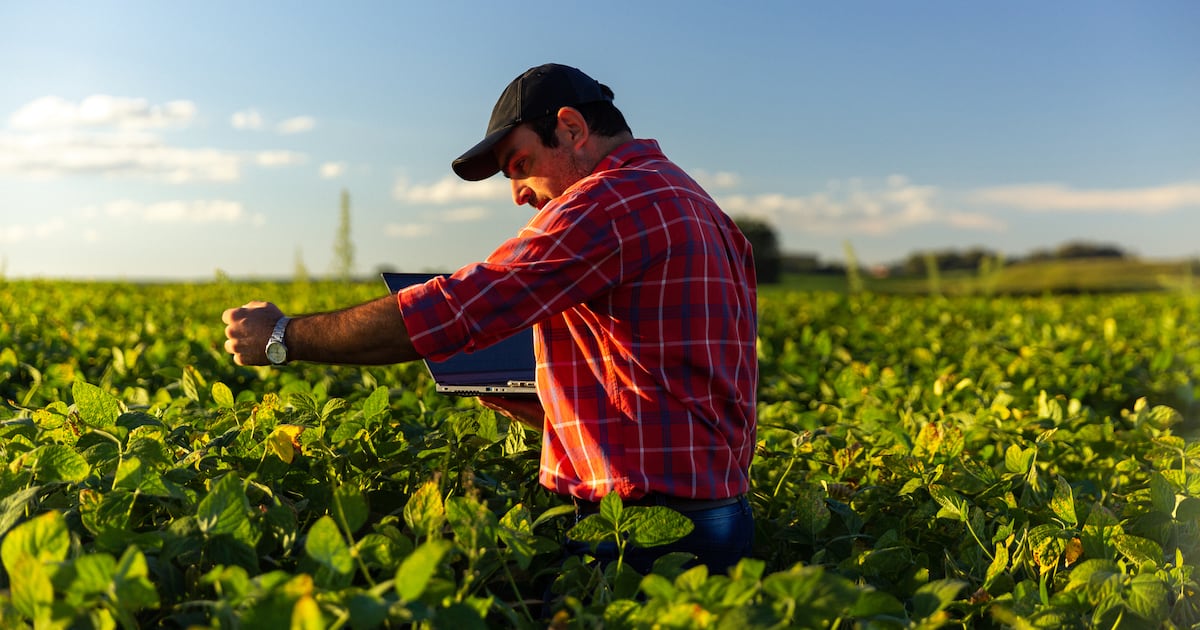WWF Brazil believes the conciliation proposal suggested by Mato Grosso’s attorney general is not intended to protect the soy moratorium.
“On the contrary, the strategy appears aligned with efforts to replace the multi-sectoral soy agreement, known as the soy moratorium, with the so-called Soy Compliance Pact, a less stringent alternative with more flexible deforestation criteria,” said Danilo Farias, public policy analyst at WWF-Brazil, in an interview with FeedNavigator.
In October 2024, Mato Grosso enacted State Law 12.709/2024, which seeks to revoke tax benefits for companies participating in agreements that restrict agricultural expansion into legally deforestable areas.
“The goal of this law is to weaken zero-deforestation sourcing initiatives like the soy moratorium,” stated Nathalie Lecoq, director general of FEDIOL, and Anton van den Brink, deputy secretary general of FEFAC, at the time.
Set to take effect in January 2025, the law faced immediate legal challenges for allegedly distorting market competition.
Political parties: Partido Comunista do Brasil, Rede Sustentabilidade, Partido Verde and Partido Socialismo e Liberdade filed a Direct Action of Unconstitutionality (ADI) 7774 with a request for a preliminary injunction.
In December, Brazil’s Supreme Federal Court (STF) issued such a directive, blocking the implementation of the Mato Grosso law. A final ruling was expected between February 14–21, but the review has been suspended after Mato Grosso’s attorney general’s office (PGE-MT) sought conciliation talks with STF Justice Flávio Dino.
Multi-sectoral agreement
Established in 2006, the soy moratorium ensures that soy grown, processed, and exported from July 2008 onward is deforestation-free.
It is widely regarded as having been instrumental in preventing further Amazon deforestation by implementing a rigorous origin verification system that blocks deforestation-linked soy from entering global supply chains.
However, it has long faced criticism from producers because it imposes stricter requirements than Brazilian law. Under the agreement, any detection of soy planted on area deforested after 2008 results in the farm being blocked, regardless of whether the deforestation was legal. Producers have consistently expressed dissatisfaction, viewing the moratorium as a top-down measure that exceeds legal requirements.
Conciliation process
Asked whether a conciliation process would protect the soy moratorium, Farias commented:
“It’s important to clarify that ADI 7774 does not directly address the soy moratorium but challenges the constitutionality of State Law 12.709/2024. While this law negatively impacts the soy moratorium, it is not the main focus of the case and, therefore, would not be subject to conciliation as proposed by Mato Grosso’s State Attorney General’s Office (PGE-MT).
“What we see is that ADI 7774 has a broader scope – it aims to curb a series of attacks that extend beyond the soy moratorium, affecting tax incentives and the allocation of public land to producers who follow sustainable practices without introducing deforestation.
“This is not an isolated issue; there are legislative efforts at both national and sub-national levels, along with misleading narratives suggesting the moratorium is over. Additionally, discussions on the matter are emerging within the context of competition law.”
He added that Justice Dino’s approach aligns with a recent trend in the STF, where constitutional processes allow space for parties to seek consensus in conflicts.
“However, this does not mean the ADI 7774 case has been halted. The referendum on the injunction has only been suspended to give the parties time to comment on the conciliation request proposed by PGE-MT.”
Injunction remains in place
Regarding the soy moratorium, this decision has not caused any immediate harm, as the injunction suspending State Law 12.709/2024 remains in effect, stressed Farias.
WWF Brazil is also calling on soy industry lobby group, Abiove, to participate in the lawsuit as amicus curiae (friend of the court).
“Given the soy moratorium’s role in the sector’s sustainability policy, Abiove’s involvement could help defend mechanisms that ensure environmental preservation and legal certainty for all players in the production chain,” remarked Farias.
Purchasing cartel claims
According to Reuters, the Mato Grosso farmer lobby Aprosoja-MT, which is not directly involved in the Supreme Court case, plans to request admission as amicus curiae to provide relevant information.
In December, the group urged Brazil’s antitrust agency, CADE, to investigate signatories of the soy moratorium, accusing them of acting as a ‘purchasing cartel’ to enforce a collective boycott against soy farmers.
Abiove rejected the allegation, arguing that the moratorium strengthens Brazilian agriculture.
Credit: feednavigator.com










